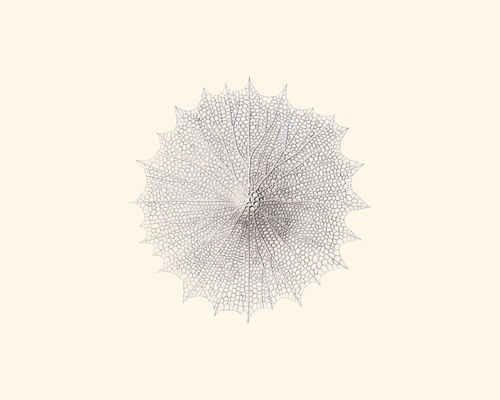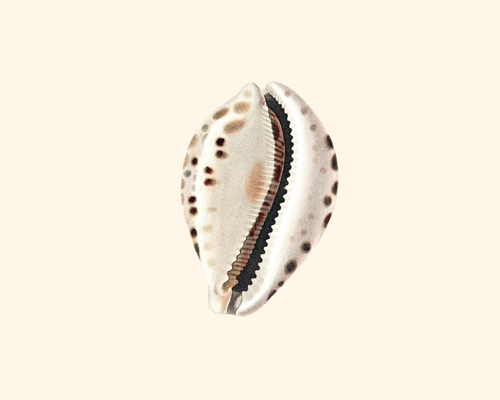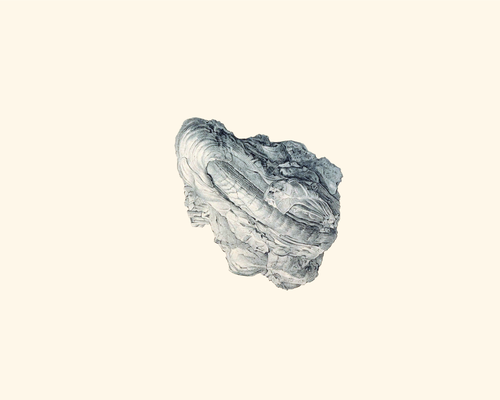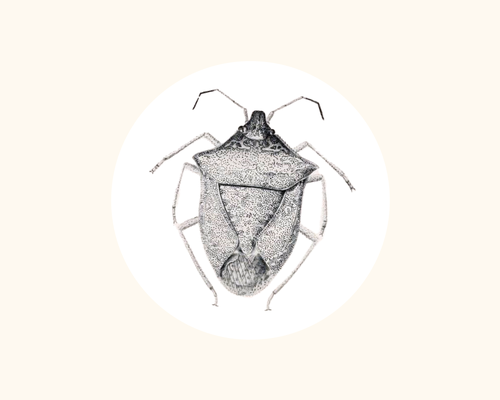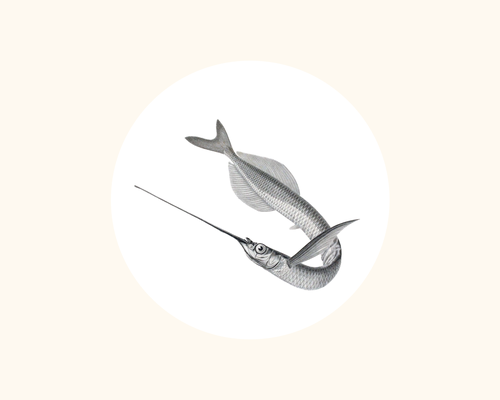Metabarcoding Data Programme
Pilot initiative to strengthen links between the GBIF network and DNA metabarcoding data communities while building node capacity for standardizing the publication of biodiversity data through the Metabarcoding Data Toolkit
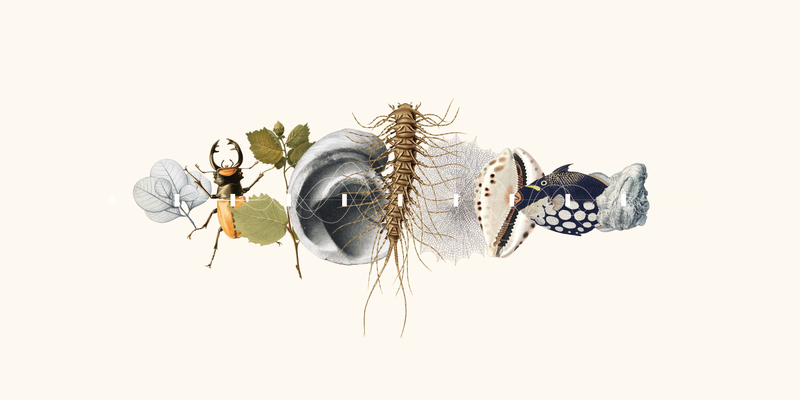
In its ongoing efforts to enrich the GBIF data model and accommodate a broader range of biodiversity data, the GBIF Secretariat has launched a new programme aimed at improving the integration of DNA metabarcoding data. GBIF nodes that participate in the initiative's pilot phase will manage instances of a newly developed tool—the Metabarcoding Data Toolkit (MDT)—enabling them to engage researchers and communities around the world who hold metabarcoding data on biodiversity.
Node managers are invited to apply to signal their interest in managing an installation of the MDT. Input from GBIF nodes and testing on multiple eDNA datasets has shaped the tool, which provides a standardized approach for formatting and publishing metabarcoding data.
The objective of this programme is to empower GBIF nodes to support and mobilize DNA metabarcoding data within their own networks. Programme activities will include not only testing and refining the MDT to meet the needs of both nodes and users, but also providing nodes with training to administer the tool, refining and translating guidance materials, and aligning workflows for metabarcoding data with the GBIF network's structures and practices.
Overview of the pilot phase
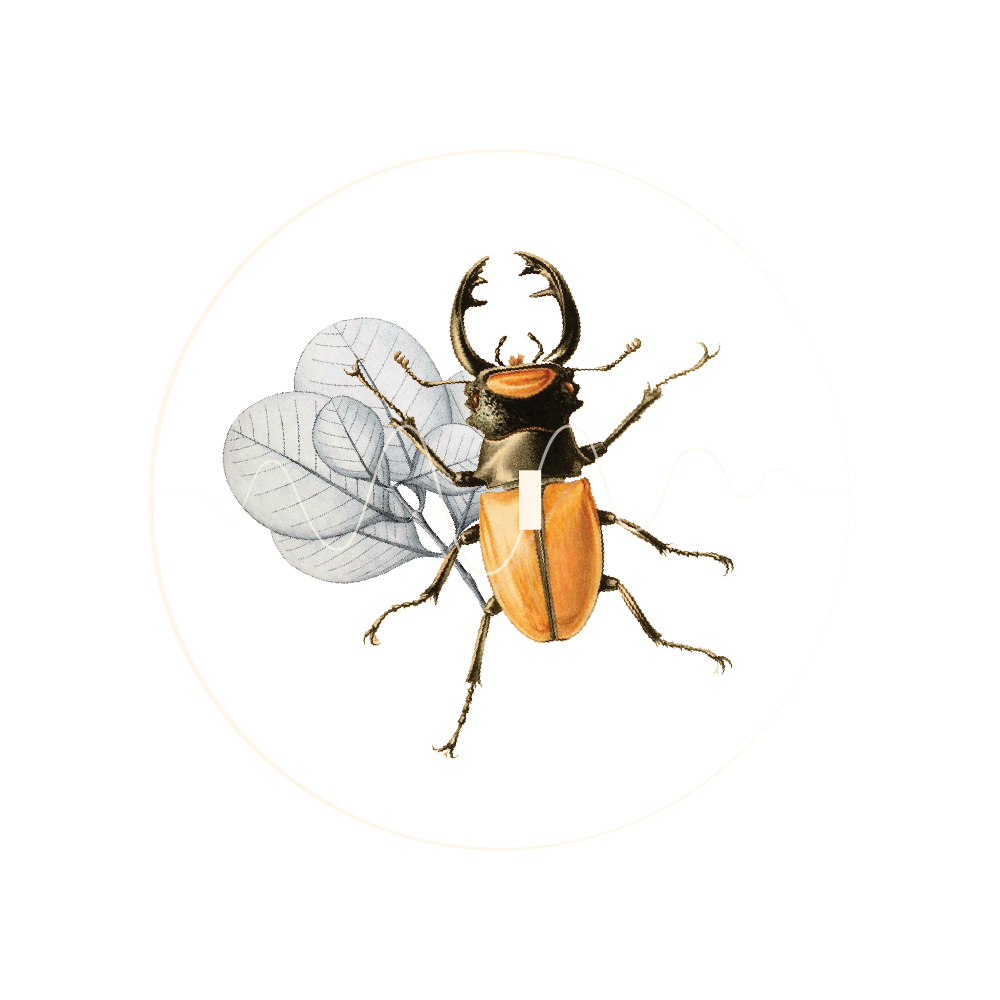
What does the MDT do?
The Metabarcoding Data Toolkit simplifies the process of publishing DNA metabarcoding data to GBIF using familiar templates that map data to standardized terms. The MDT also helps data holders add static values, accommodate non-Darwin Core fields, and review data accuracy through visualizations.
In addition to accessing a comprehensive guide containing videos, example datasets and FAQs, MDT users can prepare dataset metadata with a simple form and export their data in a format suitable for publication through GBIF.org.
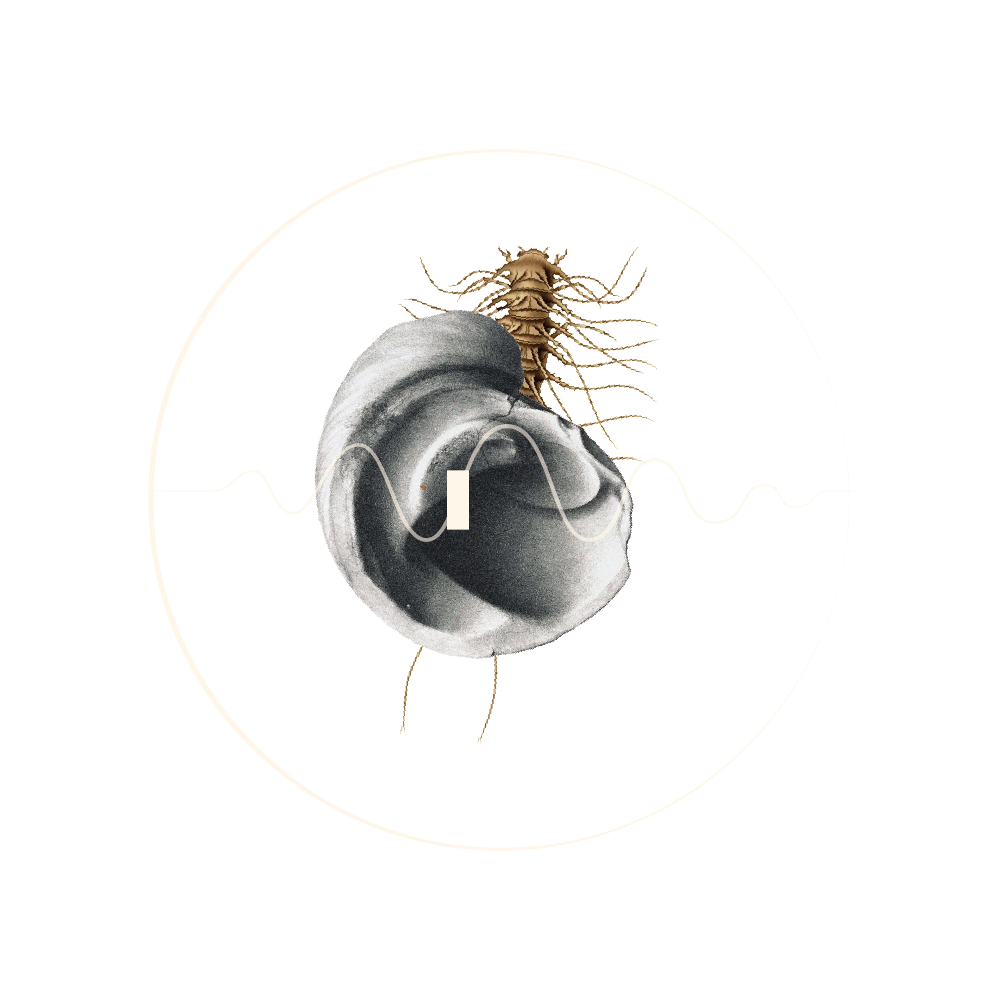
What we hope to achieve
The objectives of the pilot phase are to strengthen the network's engagement of the metabarcoding data community and build the capacity of GBIF's nodes to manage this type of data. The GBIF Secretariat will focus on refining the MDT in response to user feedback and finalizing the set of templates for data holders.
The Secretariat is committed to preparing additional documentation and training materials, exploring integration with R and Python scripts, and outlining best practices for deploying the MDT.

Commitments for participating in the pilot phase
GBIF nodes that join the MDT pilot are expected to publish data from a network of metabarcoding data holders, provide the GBIF Secretariat with feedback for refining the tool and its guidance materials, and join quarterly webinars.
They should also ensure that datasets published during the programme's pilot phase remain accessible on GBIF.org, even if installations are relocated or the programme concludes.
Applications to participate in the pilot phase of the Metabarcoding Data Toolkit are open to node managers and can be submitted at any time!
Try out the demo version
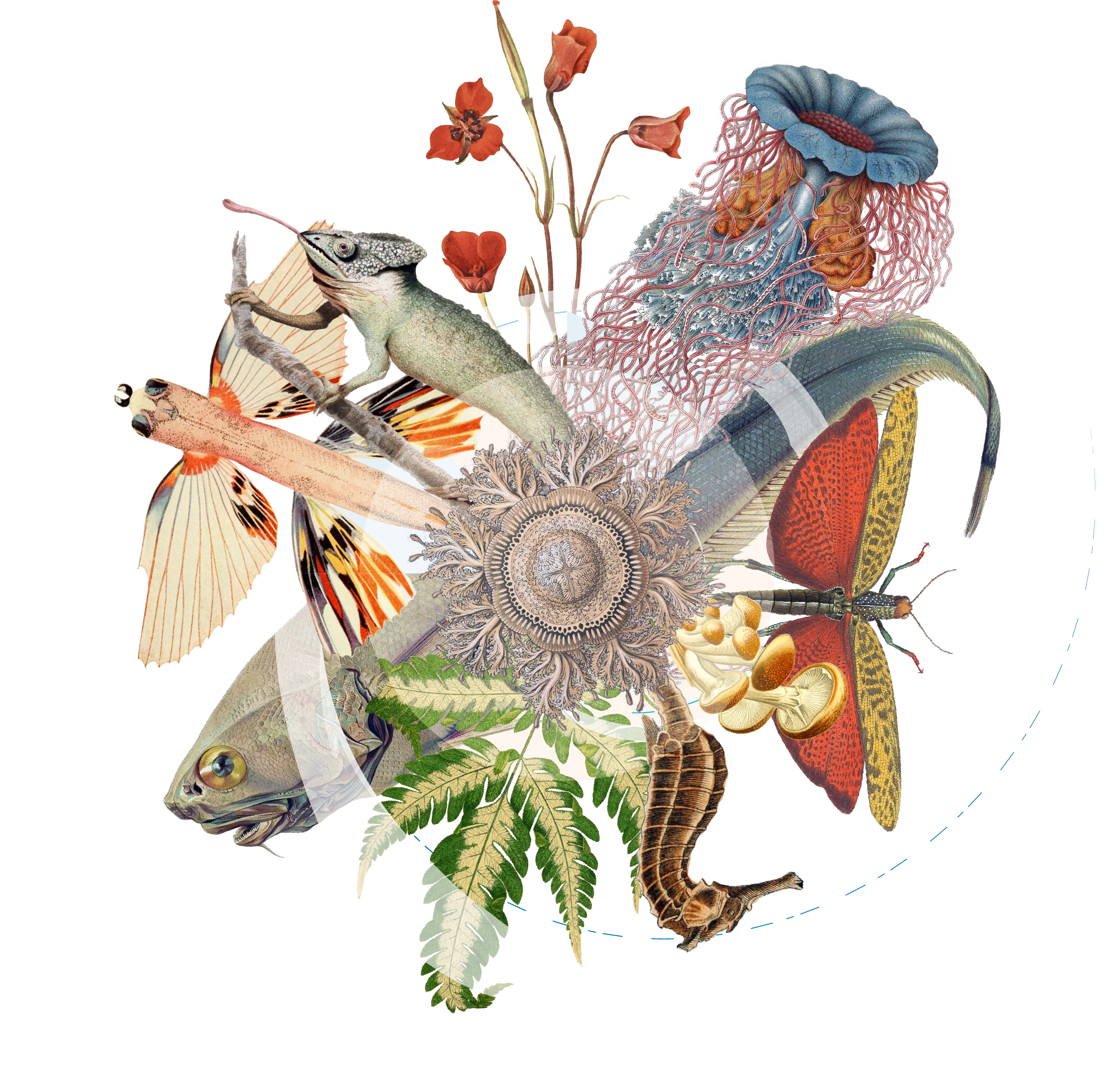
Publishing mode: In this mode, users can register datasets with GBIF on behalf of their organizations. The Metabarcoding Data Toolkit functions like an IPT, operating as a platform for publishing hosted datasets directly by GBIF.
Conversion-only mode: In this mode, users can prepare their datasets using the MDT but the processed datasets/archive must be download and published through other channels, such as a GBIF IPT installation. This mode is suitable for scenarios where data holders are undecided whether to have GBIF host their datasets or not.
Latest metabarcoding related news and events
Metabarcoding data-related resources
Agreements and terms of use
Questions?
To ask questions or share feedback about the GBIF metabarcoding data programme and how to participate, please contact helpdesk@gbif.org.

The development of this tool has received funding from the European Union's Horizon Europe research and innovation programme under grant agreement No 101057437 (BioDT project, https://doi.org/10.3030/101057437)





